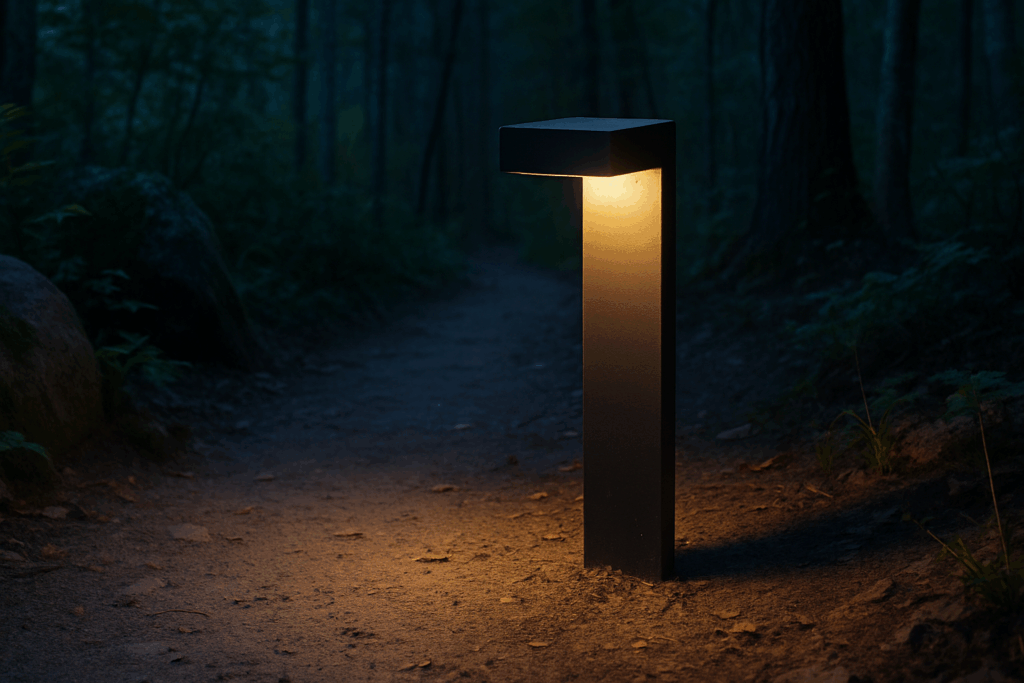things to consider before buying cbd ththomideas
Every serious user must start with skepticism. Good CBD begins long before the bottle is on your shelf.
1. Origin and Sourcing
Domestic vs. imported hemp: The U.S., Canada, and the European Union enforce stricter farming and extraction standards than many other regions. Know not just the country, but the farm. Organic certification: Fewer pesticides, herbicides, and heavy metals. Farming and origin transparency are nonnegotiable things to consider before buying cbd ththomideas.
2. Certificate of Analysis (COA)
Thirdparty verified: Every legitimate product comes with a COA detailing batch results for CBD content, THC level, and contamination (solvents, pesticides, metals, microbes). Batchspecific: Check the QR code or batch number; don’t trust companies unable or unwilling to provide direct evidence. Science, not hype, underpins things to consider before buying cbd ththomideas.
3. Product Type and Intended Use
Oils/tinctures: Fast sublingual absorption, flexible dosing. Capsules/gummies: Convenient, but sloweracting and fixed dose. Topical creams: Good for local muscle or joint pain, not for systemic effects. Vapes: Fastest onset, but carries safety and additive risks—should be used with caution. Choose your format with intent; don’t buy what you won’t use.
4. CBD Spectrum: Full Spectrum, Broad Spectrum, or Isolate
Full Spectrum: Contains other cannabinoids (including <0.3% THC), terpenes, flavonoids—often cited for the "entourage effect." Broad Spectrum: No THC, but preserves other cannabinoids. Isolate: CBD only—pure, no other cannabinoids. Legal status, workplace rules, and desired effect shape your selection—a central question in things to consider before buying cbd ththomideas.
5. Dosage Information
Be wary of vague terms like “high potency” without a clear mg per serving/dose. Start with low doses (10–25mg), titrate up as needed. Label transparency is critical: CBD content, serving size, and recommended use must be clear.
6. Legality
Hempderived CBD is federally legal (<0.3% THC) in the US, but state and international laws vary—do your research. Always ensure you’re buying from a jurisdiction where CBD is permitted.
7. Price and Value
Calculate cost per mg of CBD, not just per bottle or gummy. Quality extraction, organic sourcing, and verified lab results will push prices slightly higher—avoid the cheapest option on principle. “Too good to be true” deals rarely deliver.
8. Brand Reputation
Look for established brands with transparent practices, clear contact info, and verified reviews. Investigate any history of warnings, recalls, or lawsuits associated with the brand.
9. Ingredients and Additives
Avoid products with artificial color, fillers, or unnecessary additives. Carrier oils matter: MCT oil, hemp seed oil, or olive oil are standard; confirm purity. Check for known allergens or dietary restrictions (gelatin, gluten, etc.)
10. Drug Interactions and Health Factors
CBD can affect metabolism of other drugs—especially blood thinners, antiepileptics, and some antidepressants. Consult with a health professional if you’re on medication or have chronic conditions. Pregnancy and breastfeeding: Most experts recommend avoidance due to insufficient safety data.
11. Packaging and Expiry
Choose opaque, sturdy packaging (dark glass for oils and tinctures); CBD is light and heat sensitive. Expiry date and lot number are a must—no accountability without them.
12. Customer Support and Return Policy
Brands should respond to questions within 2448 hours. Return and refund policies should be clear—good companies stand behind their products.
Usage Discipline
Store CBD in a cool, dark place. Document your dose, timing, and effects—what’s measured is managed. Discontinue use if adverse reactions occur: allergic response, GI issues, mood changes.
Red Flags
Outlandish medical claims (“cures cancer,” “works instantly,” etc.) No test results, or only “inhouse lab” data Unclear origin or extraction method (CO2 is gold standard, ethanol good, avoid butane/propane) Sites with no customer support number or address
After Purchase: Always ReAssess
Track results objectively. Be ready to share negative feedback—public reviews keep the marketplace accountable. Continue to follow legality and research new studies—CBD is a moving target in both science and regulation.
Final Thoughts
The CBD market is unregulated compared to pharmaceuticals—discipline on your end is the only real defense. Submit every new product to the checklist of things to consider before buying cbd ththomideas. Look for evidence, demand transparency, and never compromise on quality or legality for price or trend. What matters most is your health, safety, and confidence—earned, never assumed, one smart purchase at a time.


 DIY & Sustainable Living Contributor
DIY & Sustainable Living Contributor

